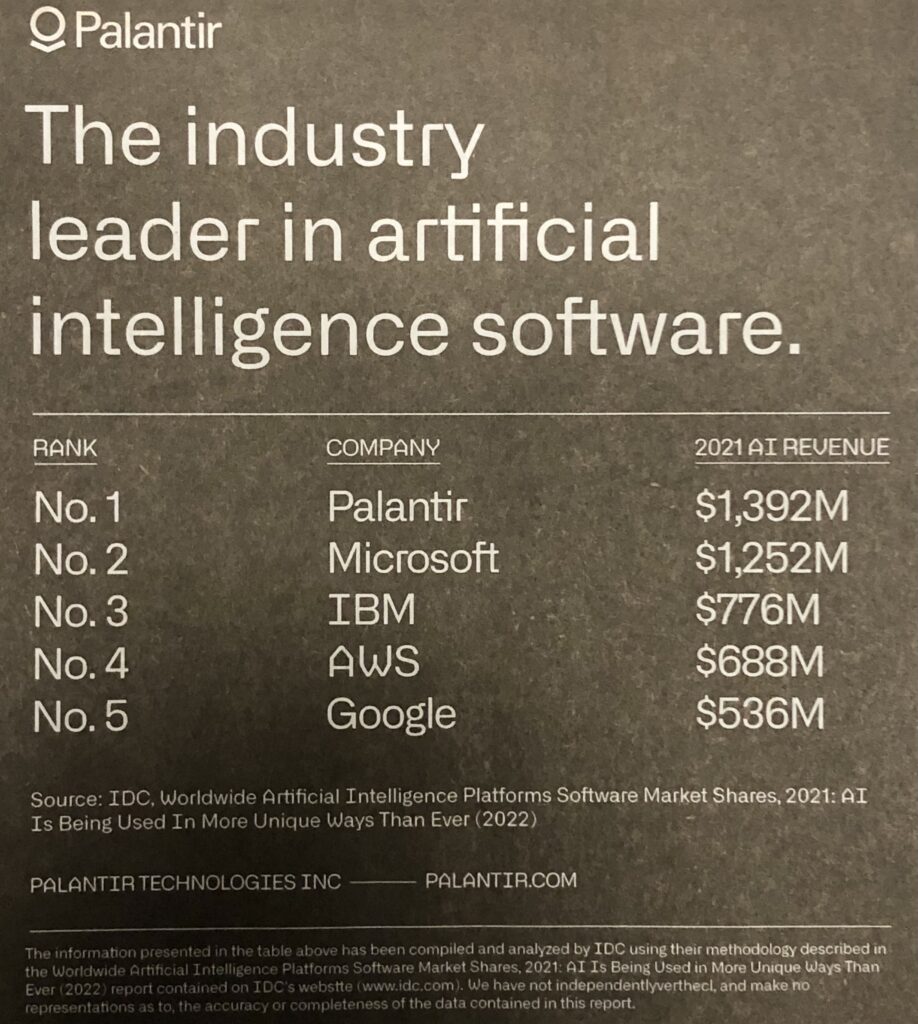Nominally, the case (linked at the end) is about “privacy”, but the underlying questions are far deeper and far more relevant to anyone who is using any form of “cloud” service: Facebook, Google, Amazon, Apple, Twitter, Microsoft, etc. The government insists that it can access data belonging to a suspect even if that data is stored on a server in another country, but the service company, Microsoft in this case, insists that it cannot provide that data because that act violates the terms under which it operates its servers in Ireland. The question is, therefore, where is the virtual border drawn? Is material belonging to an American subject but stored on a server in a foreign country under a foreign account that was created in that country subject to US law or the laws of the country in which the account was created. A question in the affirmative leads to the following conundrum.
“If U.S. law enforcement can obtain the emails of foreigners stored outside the United States, what’s to stop the government of another country from getting your emails even though they are located in the United States?†Brad Smith, Microsoft’s president and chief legal officer, said in a blog post on Monday.
Where is the line drawn? Does the account belong to the person and, thus, subject to the laws of whichever country in which the person is residing, or is the data owned by the provider and, thus, subject to the laws of the country in which that provider is operating? If the former, then, indeed, foreign countries can have free access to data stored on American servers. This will please Chinese officials who want to identify dissidents. If the latter, then some country–perhaps Ireland–may well become a haven for data akin to the way Switzerland is a haven for money. Neither branch of the dilemma is particularly satisfying. Not solving this problem is an invitation to disaster in the not too distant future as our data slowly come to represent the totality of our existence.
What do we  want as users? Do we want our data to be ours, or do we want to relinquish control to technology companies in order to relieve ourselves of the responsibility of living with the consequences of the data? The breakneck pace of progress in technology doesn’t leave much time for the deep discussion that the subject demands. When the shit hits the fan, it’s going to get really messy. Wear your best virtual rubbers.
Source: U.S. Supreme Court to decide major Microsoft email privacy fight
Like this:
Like Loading...


